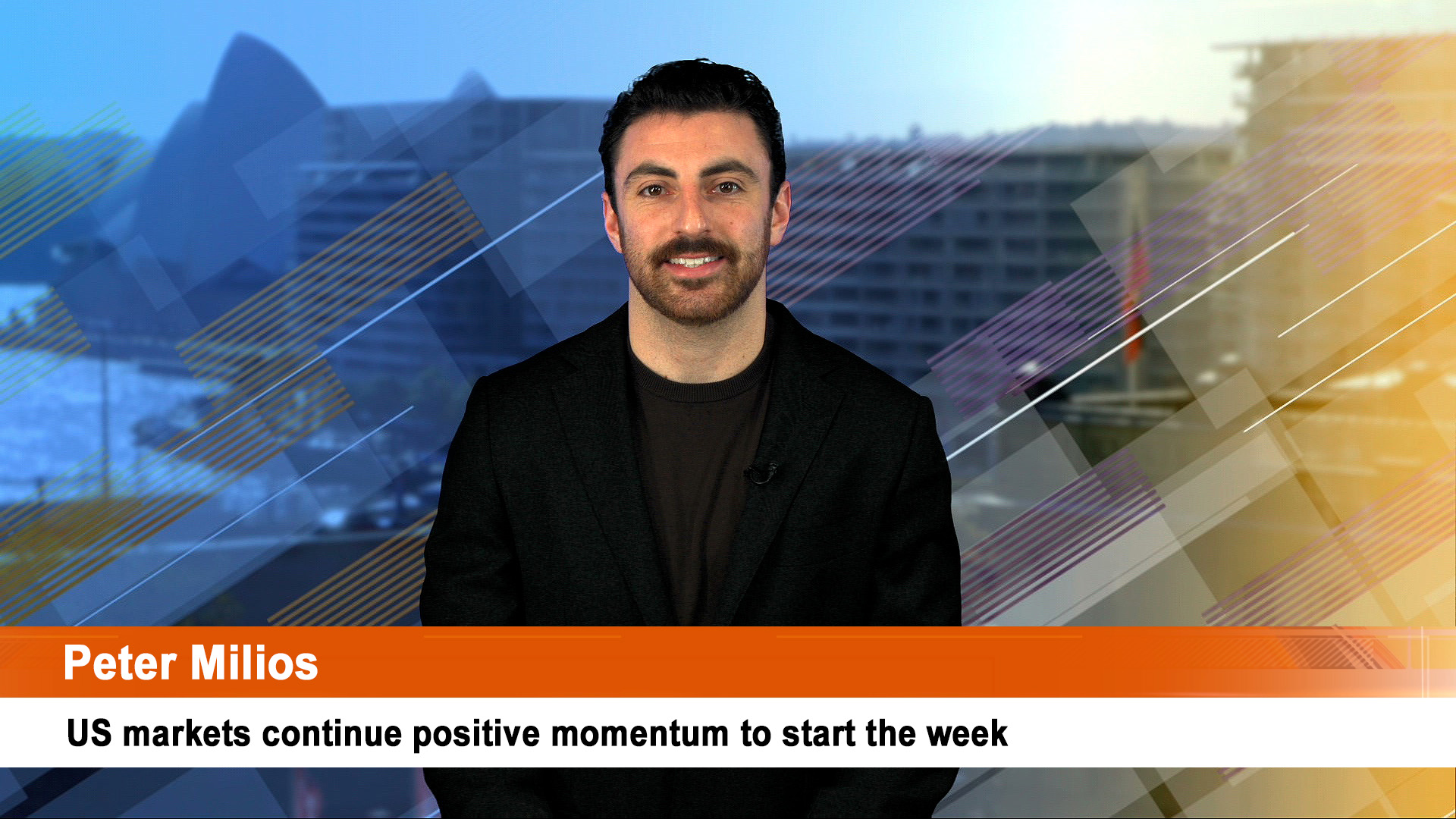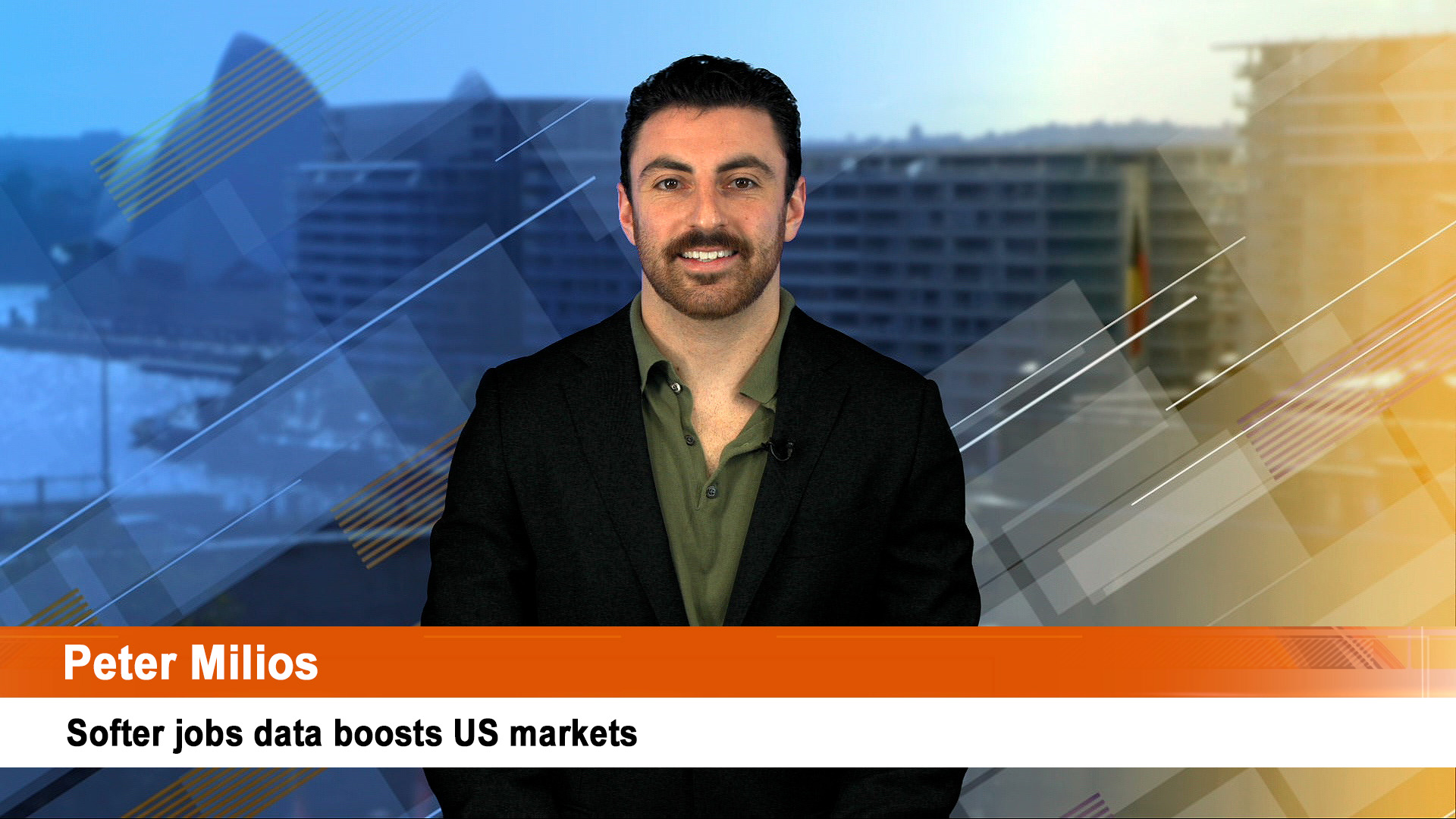On the whole a quiet week globally for markets – Brexit remains an issue to tantalise and amuse investors and others at the continuing level of British incompetence, election speculation will dominate Australian markets and in the US? — America has the diversion known as President Trump.
He wants the Federal Reserve to spend more and cut interest rates (it’s not his idea, he knows nothing about economics, someone has planted the idea in his brain, either Fox News or one of his late night business phone callers or dud economic advisers).
But Friday’s 196,000 new jobs in March and 13,000 extra in rotten February (209,000 in total for the two months), shows that US economy doesn’t need any more stimulus, just a watching brief from the Fed, which is its actual policy.
Trump though is said to want to appoint two highly inappropriate people to the Fed board to try and get his way. Both Stephen Moore and Herman Cain are lightweights with no experience in economics or policymaking.
The last thing the Fed, the US economy and the global economy needs at the moment is two economic illiterates on the board of the world’s most important central bank. What is needed is no more rate changes – up or down – and a period of predictability.
US consumer price inflation for March this week will confirm that cost pressures remain muted, while the minutes of the last Fed meeting will also confirm the wait and hold policy setting so far as monetary policy is concerned.
The about to start US first-quarter reporting season will see Trump and others call for rate cuts and more if earnings are as weak as many forecasts think they will – that will be because the first quarter of 2018 was strong – up 23% on the first quarter of 2017.
The first quarter of 2018 saw a big boost from Trump’s tax cuts. The AMP’s Chief Economist, Dr. Shane Oliver says the first quarter performance is likely to be the low point for 2019 so far as US corporate earnings are concerned.
Even if earnings fall from a year ago, they will still be considerably higher than most preceding quarters, so any claims to the contrary by Trump or others will be hogwash.
Delta Air Lines is due to be one of the first major companies on the S&P 500 to report midweek, with major banks, JP Morgan Chase and the struggling Wells Fargo reporting on Friday along with super regional PNC Financial.
Analysts say the bad Midwest floods in March could have an impact on some sectors such as retailing, transport, agriculture and commodities, especially grains and meat.
In Australia housing finance and lending data, tomorrow is expected to show another weak performance in February, while consumer confidence could have been boosted by the budget in Wednesday’s report from Westpac and the Melbourne Institute.
The RBA’s six-monthly Financial Stability review will be released on Friday morning and is expected to show no real concerns, especially in housing.
Chinese economic data for March and the March quarter starts flowing on Thursday (inflation) and Friday (trade), as well as credit data. Free of the impact of the timing of the Lunar New Year holiday, the trade data is expected to show improvement in both exports and imports.
In Europe, Brexit dominates again – Britain is due to exit on April 12, but Prime Minister May is trying to get that extended to June as she belatedly tries to talk the Labour Opposition into a deal – something she and the Tories refused to do for two years.
The European Central Bank meets on Wednesday and is unlikely to undertake further monetary easing having just done so at its last meeting, but it’s likely to again indicate its willingness to do more













